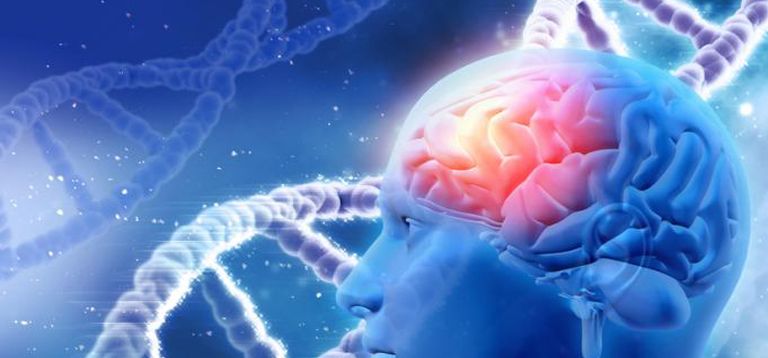Alzheimer's Disease
Home » Alzheimer’s Disease

Alzheimer’s disease is an irreversible, progressive brain disorder that slowly destroys memory and thinking skills and, eventually, the ability to perform the simplest tasks.
There are 10 warning signs and symptoms.
Loss of memory that disrupts daily life.
Challenges in the planning or resolution of problems.
Difficulty in completing familiar tasks.
Confusion of time or place.
Trouble understanding visual images.
New problems with words in speaking or writing.
Losing the ability to retrace steps.
Poor judgment
No involvement in social activities
How long can a person have Alzheimer’s disease?
The time from diagnosis to death varies — as little as 3 or 4 years if the person is over 80 years of age when diagnosed, as long as 10 or more years if the person is younger.
Alzheimer’s disease is currently ranked as the sixth leading cause of death in the United States, but recent estimates suggest that it may rank third, just behind heart disease and cancer, as the cause of death for older people.
Although treatment can help manage symptoms in some people, there is currently no cure for this devastating disease.
Prevention
Alzheimer’s is not a preventable disease. Nonetheless, a number of lifestyle risk factors for Alzheimer’s may be changed. Evidence suggests that changes in diet, exercise and habits— steps to reduce the risk of cardiovascular disease — may also reduce your risk of developing Alzheimer’s disease and other dementia-causing disorders. Healthy lifestyle choices that may reduce the risk of Alzheimer’s include the following:
- Regular exercise
- Eat a diet of fresh produce, foods low in saturated fat.
- Eat a diet of fresh produce, healthy oils and foods low in saturated fat
- Follow treatment guidelines to manage high blood pressure, diabetes and high cholesterol
- If you smoke, ask your doctor for help to quit smoking
Studies have shown that preserved thinking skills later in life and a reduced risk of Alzheimer’s disease are associated with participating in social events, reading, dancing, playing board games, creating art, playing an instrument, and other activities that require mental and social engagement.

